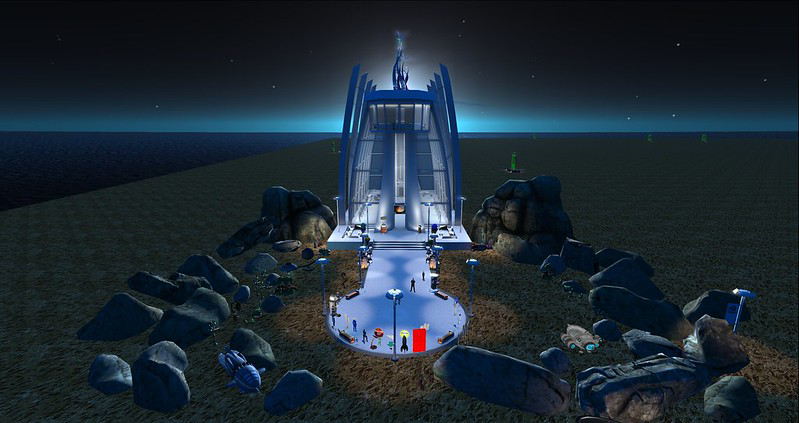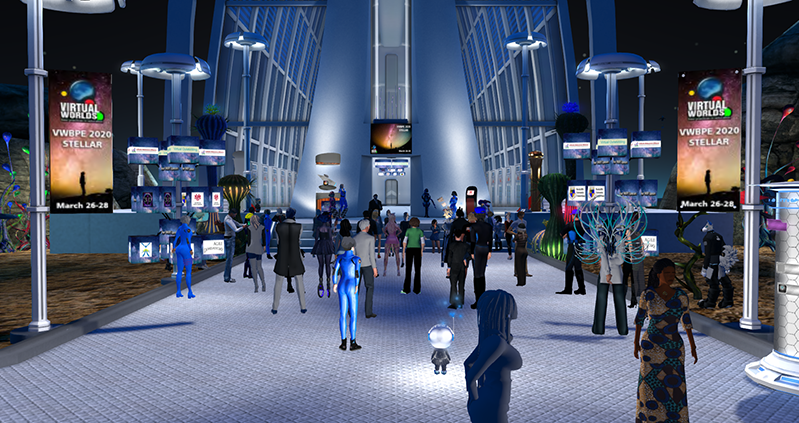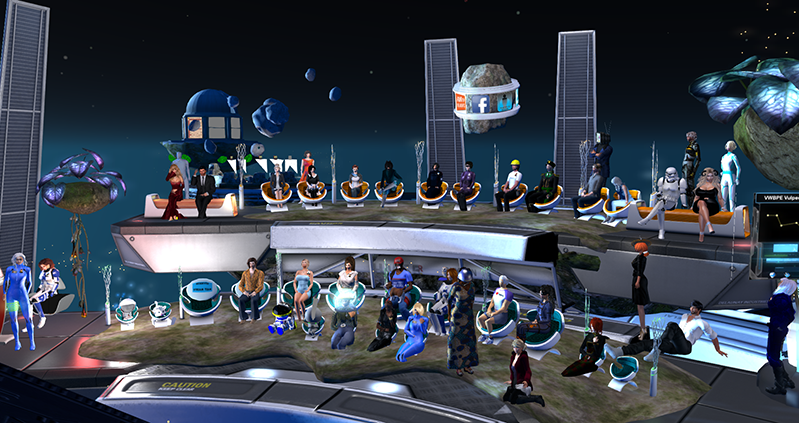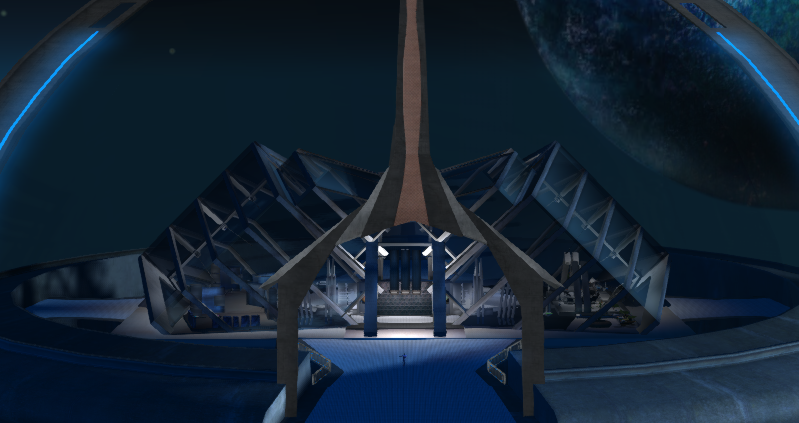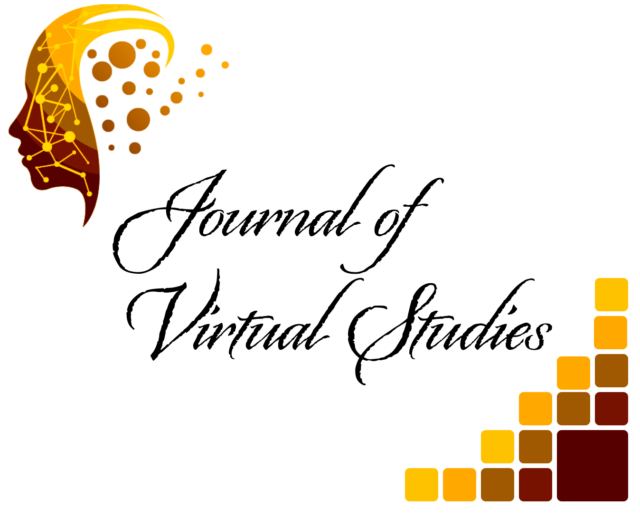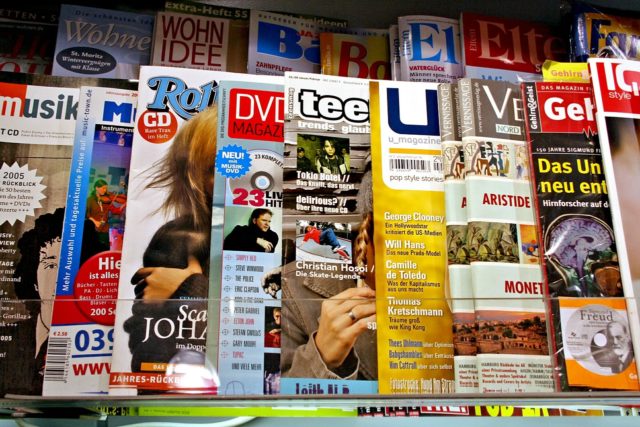2021 Second Life Educational Usability Survey
In 2021 at the Virtual Worlds Best Practices in Education Conference, Rockcliffe engaged with Linden Lab to conduct an educational usability study focusing on the nature of how educators were using the Second Life platform.Â
In general, the platform is being used primarily for interaction between students that specifically ask students to create and evaluate presentations that are focused on visualizations or rudimentary simulations.
Opportunities exist to understand concepts mostly in demonstrations and peer-to-peer discussion or group activities.
However the platform isn’t being used effectively to support knowledge analysis, application, or retention within the environment. These cognitive skills are primarily conducted outside the environment with instructors having difficulties determining how to engage students based on the existing tools and services within the environment.Â
Services that still need to be comprehensively added or improved to the environment to help support educators include
- Streaming
- File Sharing
- Accessing Cloud services
- Accessibility Tools (text to voice / voice to text)
- Editing Tools (mesh models)
- Pre-loading, prioritizing downloading assets
- Integrating Office products
among others.Â
2021 Second Life Educational Usability Survey Results
Click for Full / Accessible Survey Results
As is apparent from the survey information collected, Second Life continues to serve a broad swath of educational needs and demographics. There is a steady interest in the platform however at only 20% of the users surveyed, this does not represent a significant growth factor to drive significant numbers of new teachers and students. While there is an estimated 350K new accounts generated each month, concurrency has remained fairly stable at 40K and has done for over 10 years now.
Most educators involved in the platform claim to have significant experience with the platform however the ongoing need for building and scripting expertise would seem to imply that such experience is not in the more advanced features of the platform.Â
Hardware and internet requirements are significant barrier to entry to the platform with most educators in a professional setting have little or no support from their institutions in managing the environment.
The majority of educational users are reliant on in-world groups, such as Rockcliffe, in order to support their understanding and development of skills to use the platform effectively.









